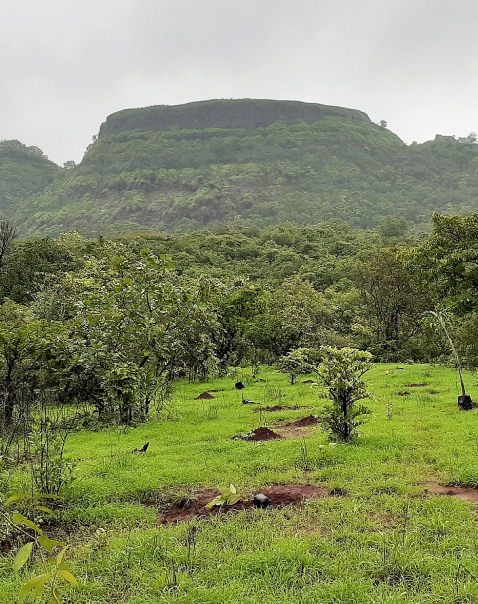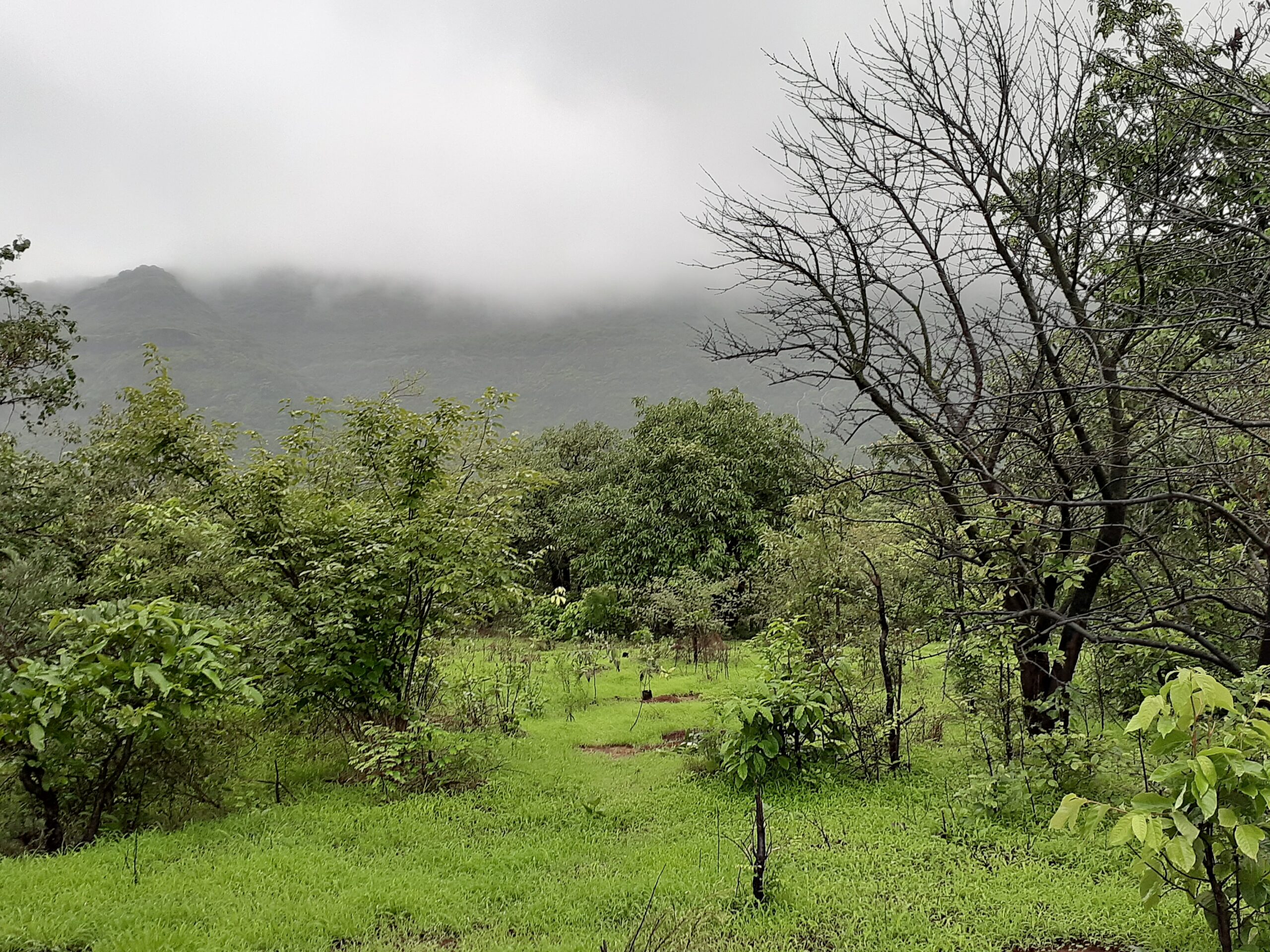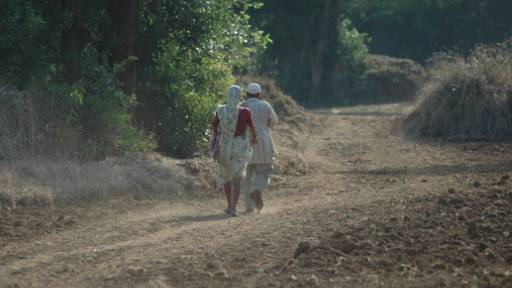

ABOUT US
A Transformative Vision for a Sustainable Future
Situated in the heart of the Western Ghats, the Shillim Institute advances sustainable development by honouring the relationship between humans and the environment and developing programs for students, the community, and policymakers. The Institute is a hub for research, education, and community development.







